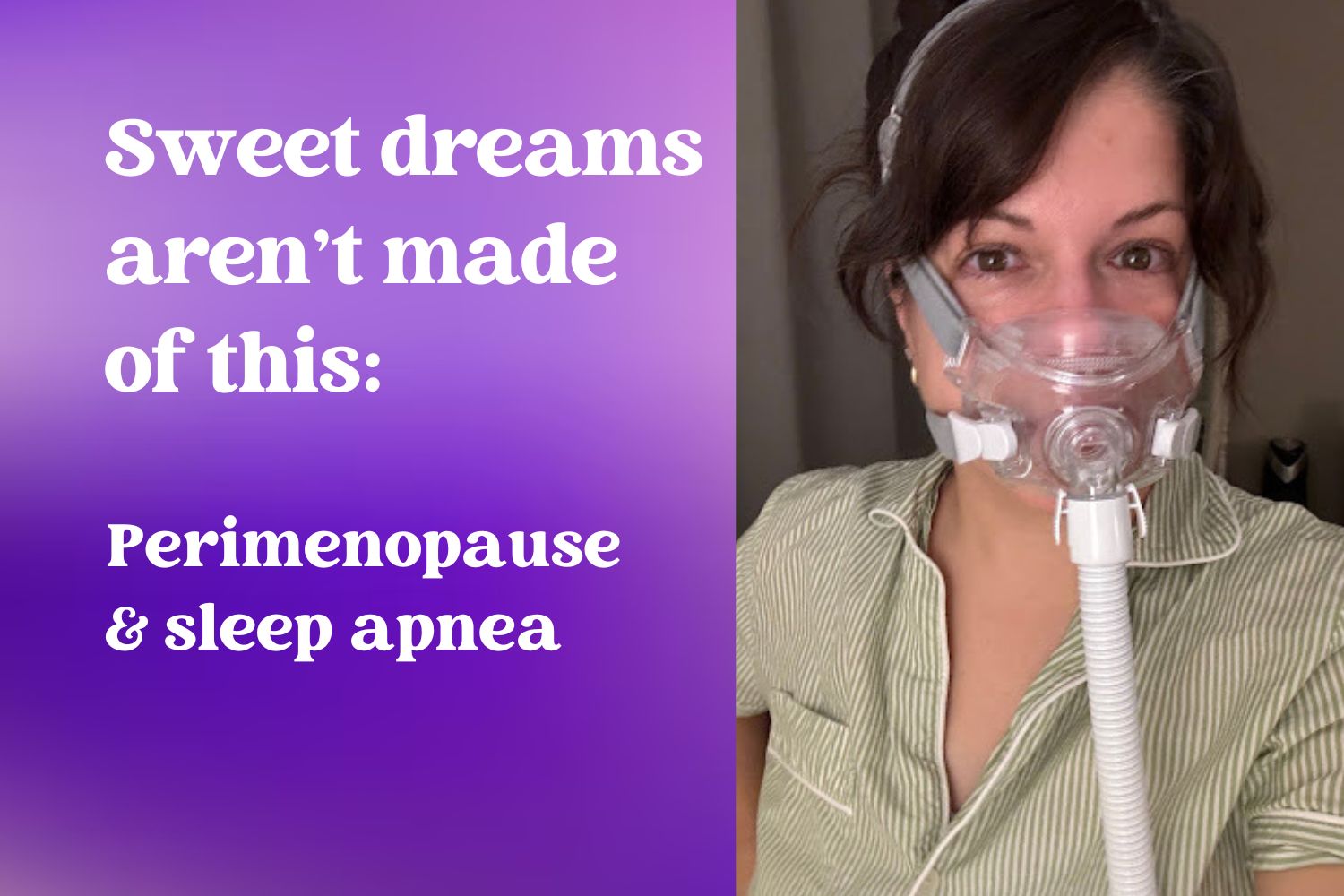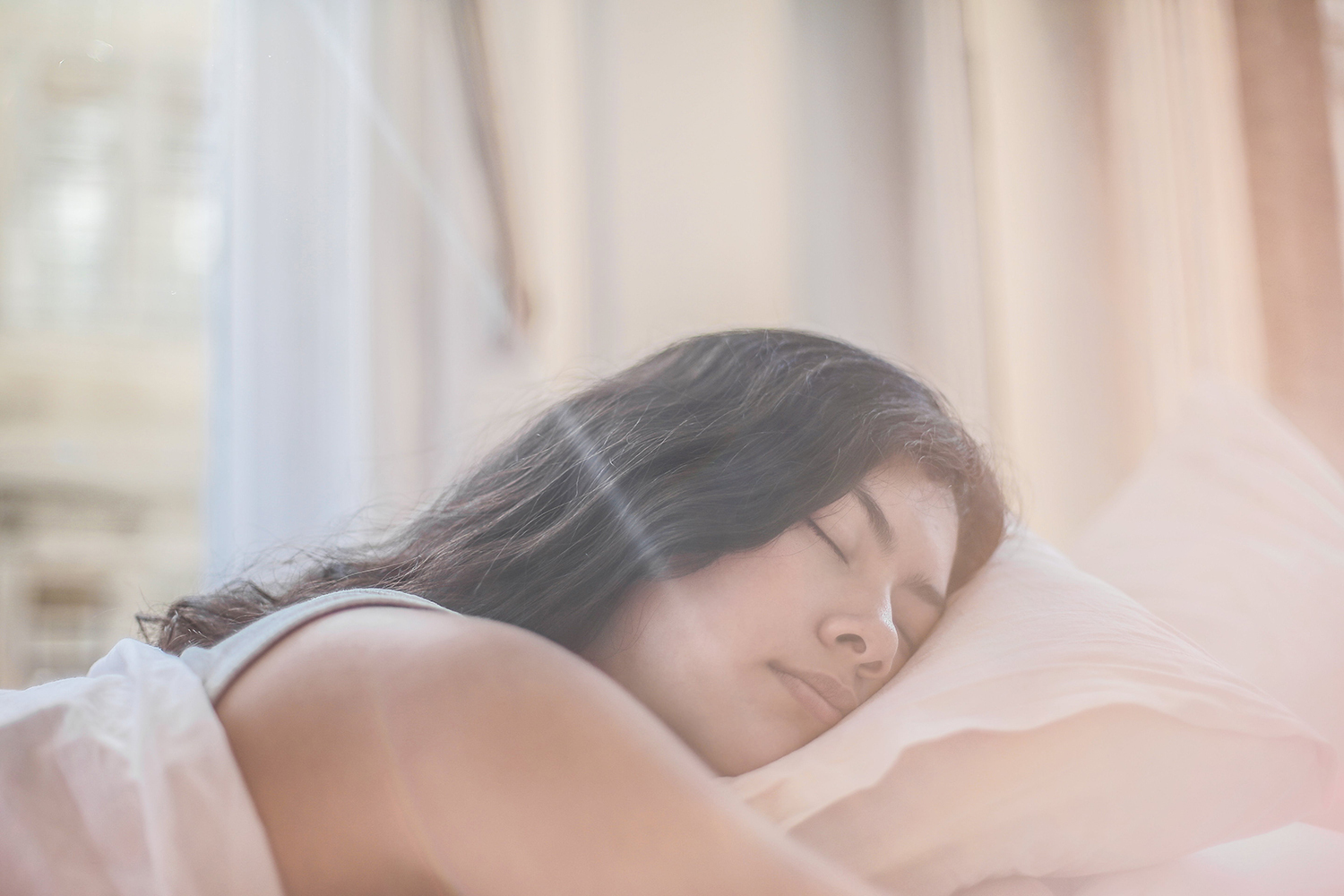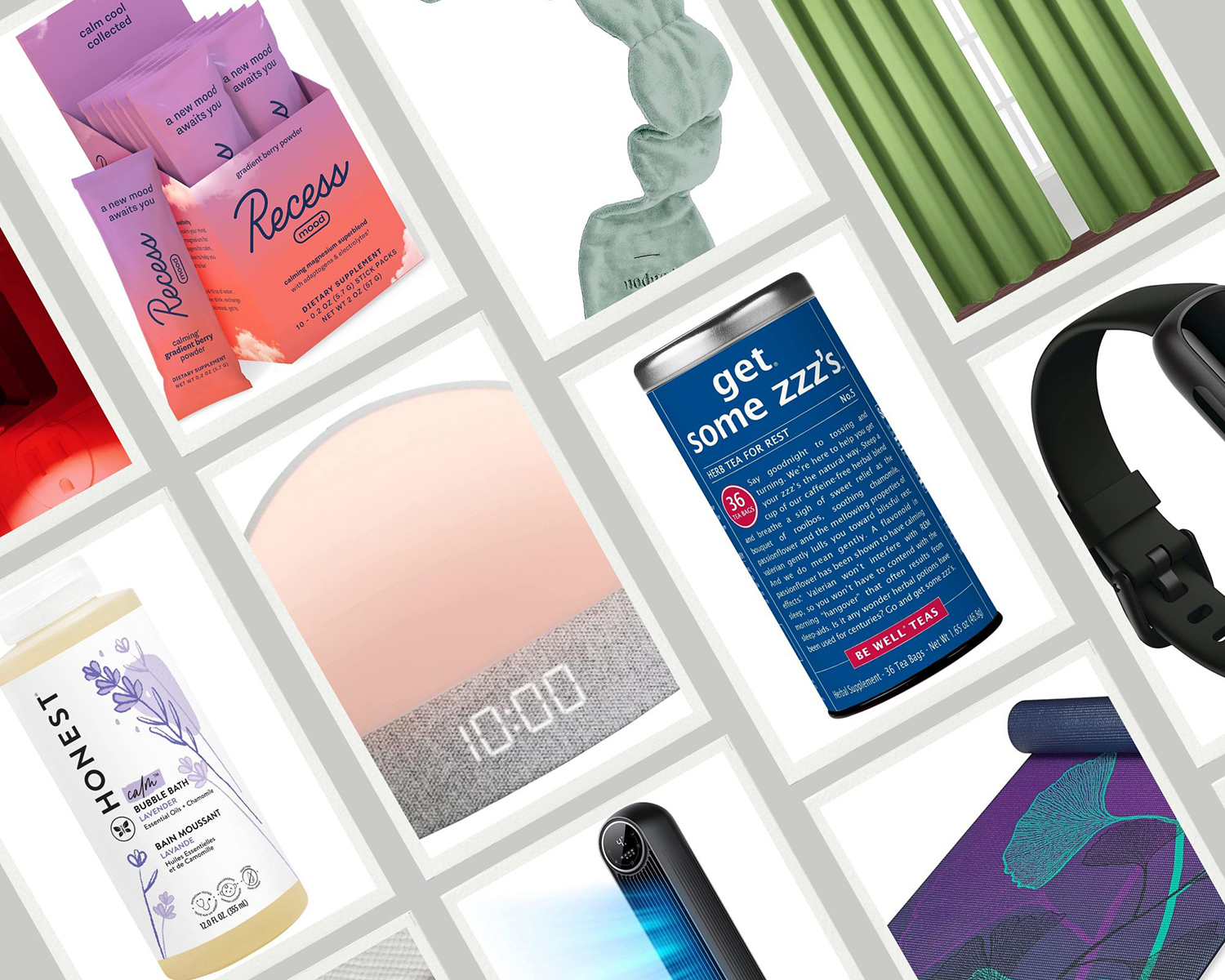
Menopause insomnia: 5 tips to get better sleep
We spend a third of our lives asleep. Whether we avoid it, can’t get enough of it, or dream of not thinking about it at all, sleep is essential to our survival, just as much as food, water, and air.
Sleep — as you’ve likely noticed — plays a big role in how we feel, too. In fact, studies show that mental health and sleep problems are often linked. Mental health issues are not only shown to contribute to sleep problems; poor sleep itself can trigger and complicate your mental health, too.
Roughly 12 percent of women experience sleep issues. When we get to our 40s and 50s, that number jumps to 40 percent. Perimenopause and menopause, along with its hormonal shifts, can make sleeping difficult. Although common, your specific sleep troubles are individual to your unique situation. Age, genetics, lifestyle, and environment all play a role in getting our Zzzs.
The good news is, people who sleep seven hours a night are happier, healthier, and live longer. Better sleep correlates with improved brain function. One study even found better sleep might lead to more attractiveness. Beauty sleep — it’s legit!
If you’re riding the sleep struggle bus like me, small changes could make a big difference. Here’s what you can do to encourage more restful nights:
1. Stick to a sleep schedule
Go to bed and wake up at the same time each day, even on weekends. This will help to regulate your body’s natural sleep-wake cycle.
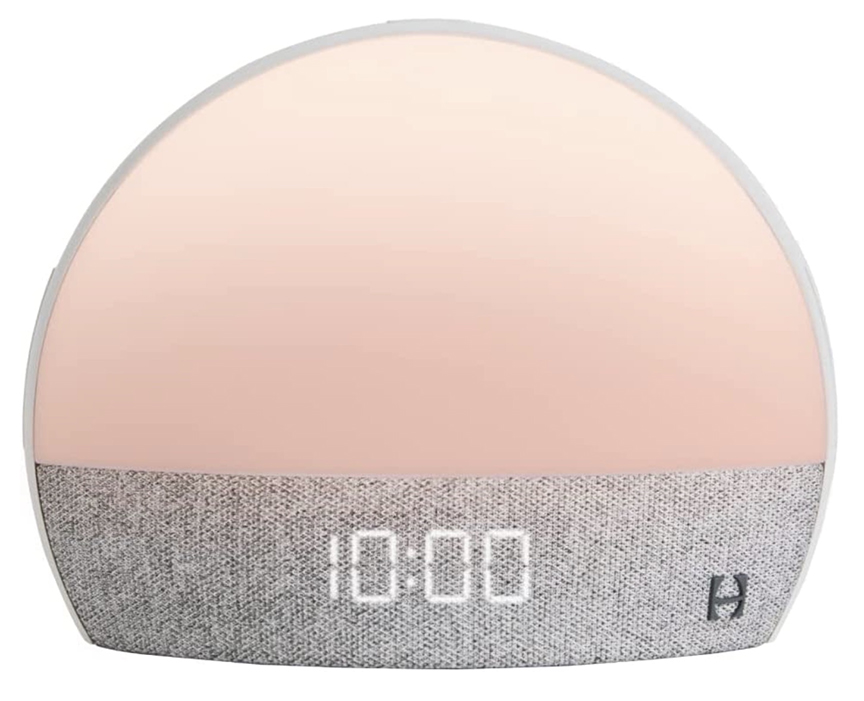
Hatch Restore Sound Machine Sunrise Alarm Clock helps you create a sleep schedule with a gradual “sunrise” alarm and nature-inspired wake-up sounds.
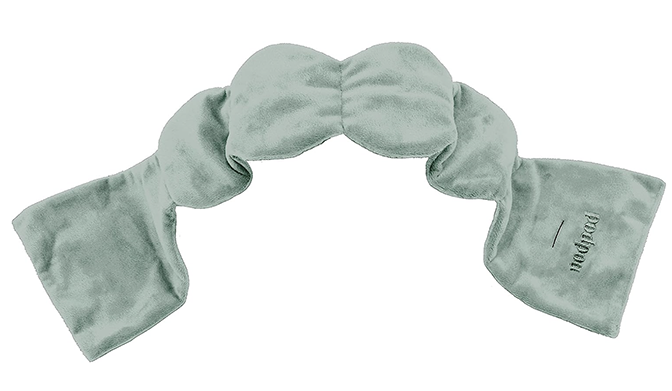
The Nodpod Gentle Pressure Sleep Mask offers gentle-touch pressure to relieve anxiety and stress, and is strapless and washabl
2. Create a relaxing bedtime routine that you look forward to
This could include taking a warm bath, reading a book, or listening to calming music. Avoid watching TV or looking at any screens an hour before bed, as the blue light from these devices can interfere with sleep.
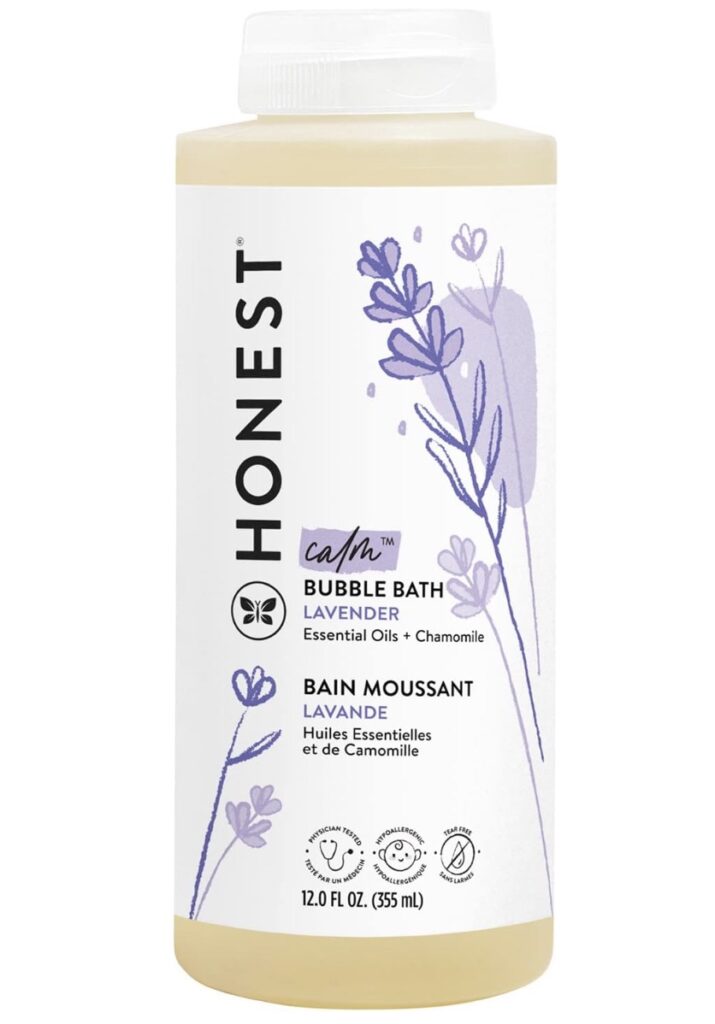
The Honest Company Foaming Bubble Bath creates a luxurious, naturally derived bubble bath with the soothing scent of lavender that’s proven to help us reduce anxiety and pain and improve sleep quality – all without artificial sedation.
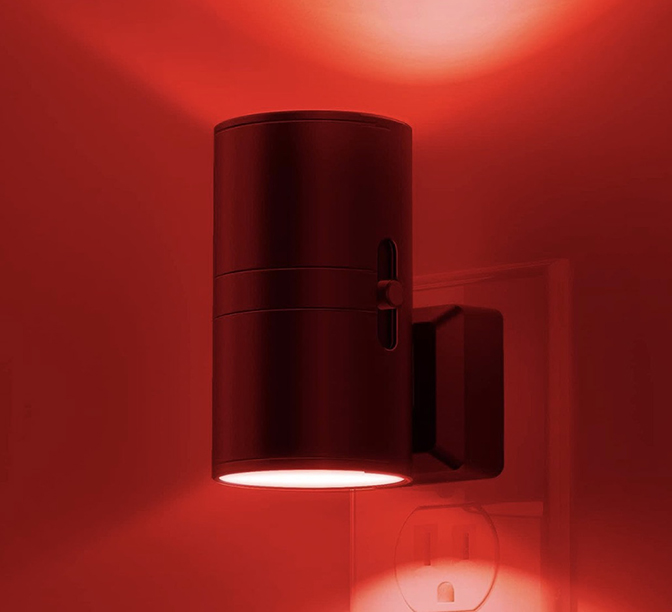
Warm and amber light increases the production of our natural sleep chemical melatonin (as well as full darkness). Fall asleep in a rosy glow with 4 X Red Night Light, LOHAS Night Light for a calming atmosphere with the benefits of a night light.
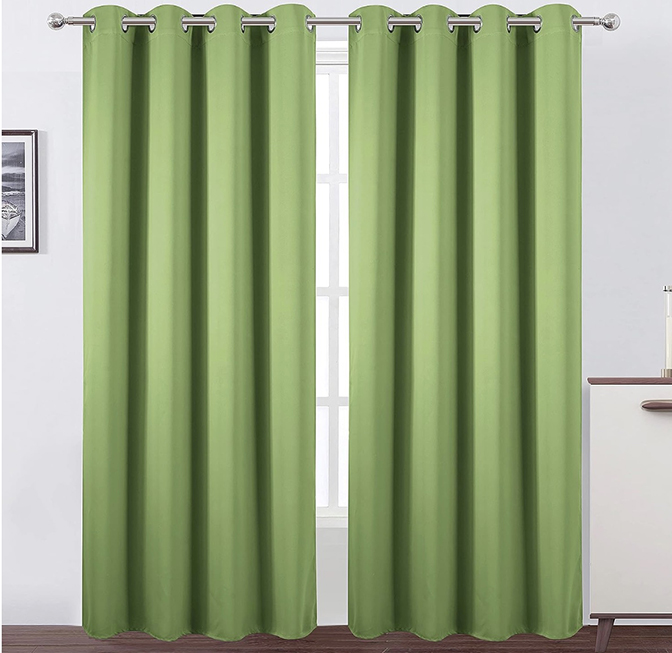
3. Make sure your bedroom is dark, quiet, and cool
These conditions are ideal for sleep and usually easy to create.
Investing in blackout curtains, available in various lengths and colors by LEMONO, can help you sleep past sunrise by blocking 85–99% of outside light — and can dress up your bedroom to boot.
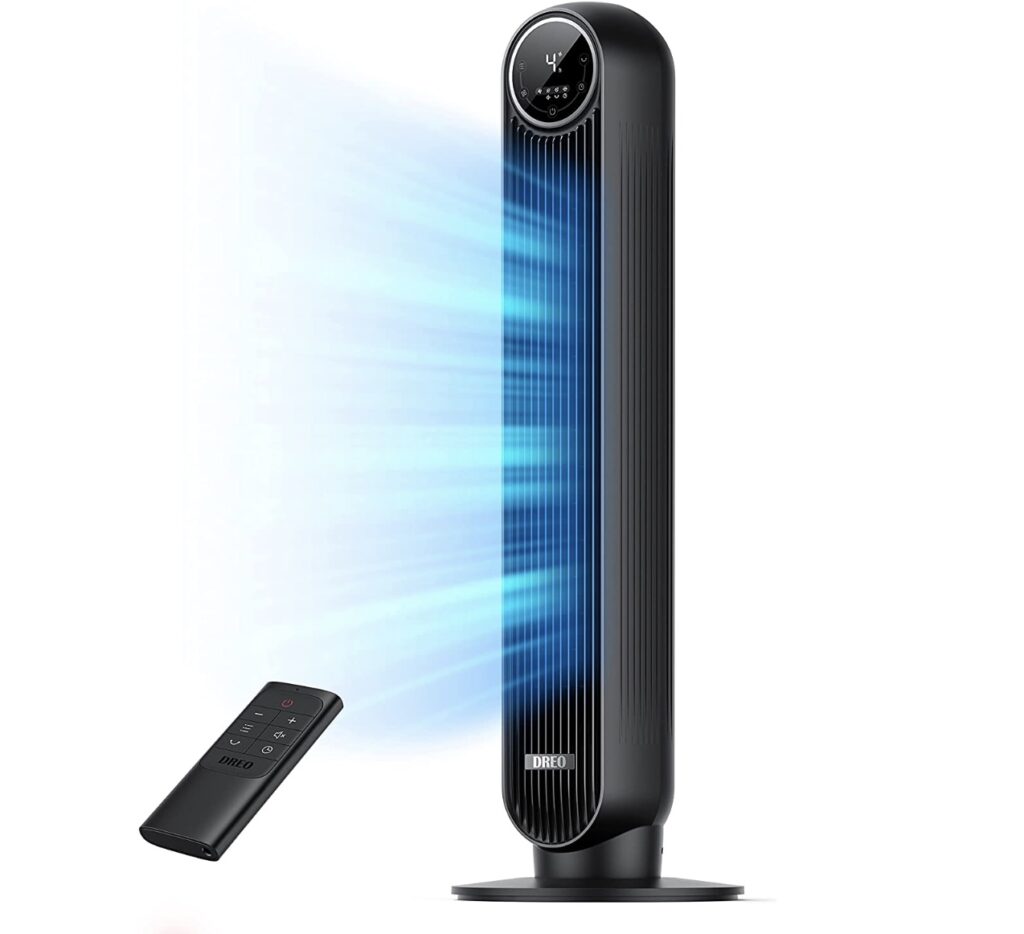
Oscillating fans like the Dreo Tower Fan can create a cool breeze – and a calming white noise to help you crash.
4. Avoid caffeine and alcohol before bed
Both can interfere with a good night’s sleep. While alcohol may put you to bed faster, that night cap will likely cause disruptions in your sleep cycle as your liver enzymes metabolize alcohol. And while late-night coffee is a no-brainer, even sipping caffeine six hours before bedtime can reduce sleep by an hour.
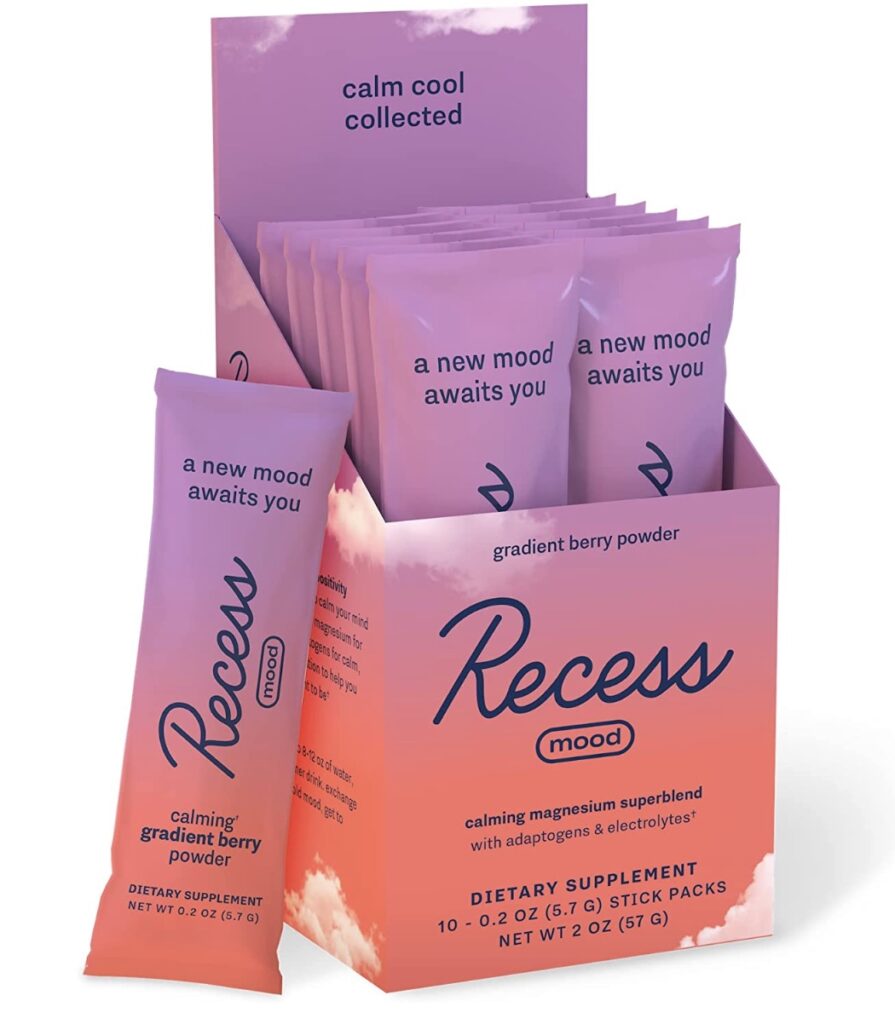
Instead, opt for a sleep-healthy nighttime beverage like Recess Mood Powder, packed with magnesium, which can be used as a natural sleep aid to help relax your nervous system and muscles and stay asleep throughout the night.
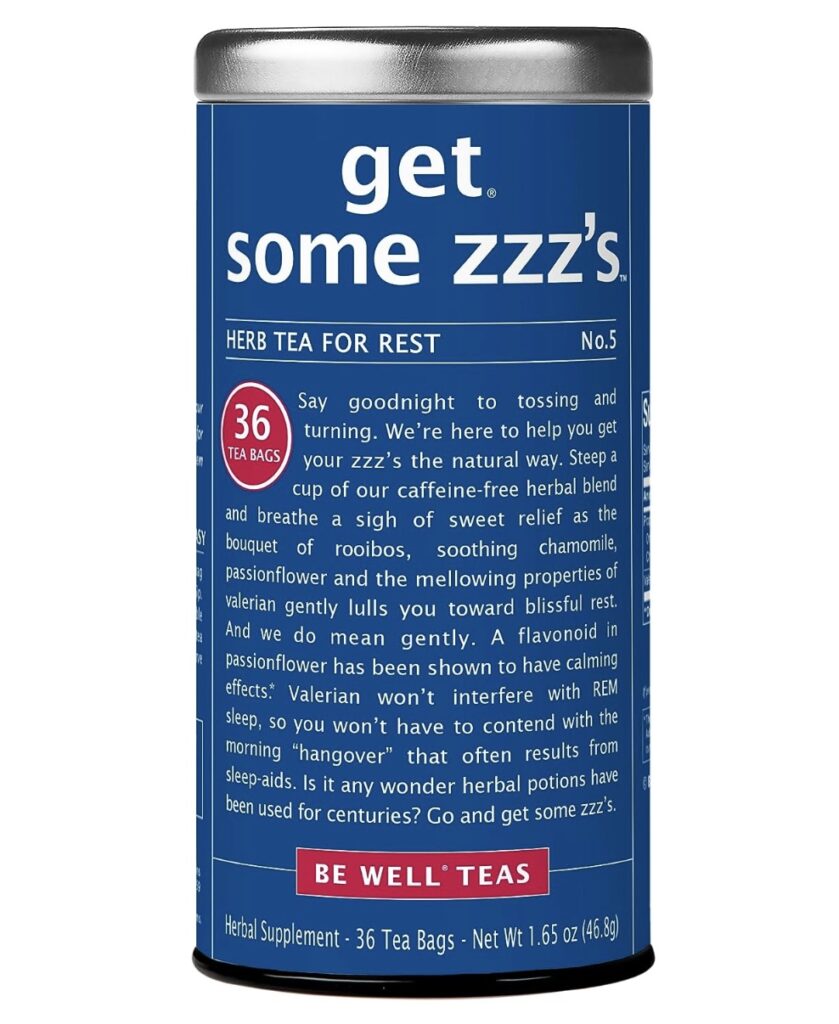
Likewise, non-caffeinated herbal teas like The Republic of Tea, Get Some Zzz’s can promote relaxation to get you in the snooze mood.
5. Get regular exercise
Cardio workouts like walking, running and biking can help you zonk out by increasing your slow wave sleep, which allows your brain and body a chance to rejuvenate. Still, avoid vigorous exercise too close to bedtime as it can interrupt Zzzs.
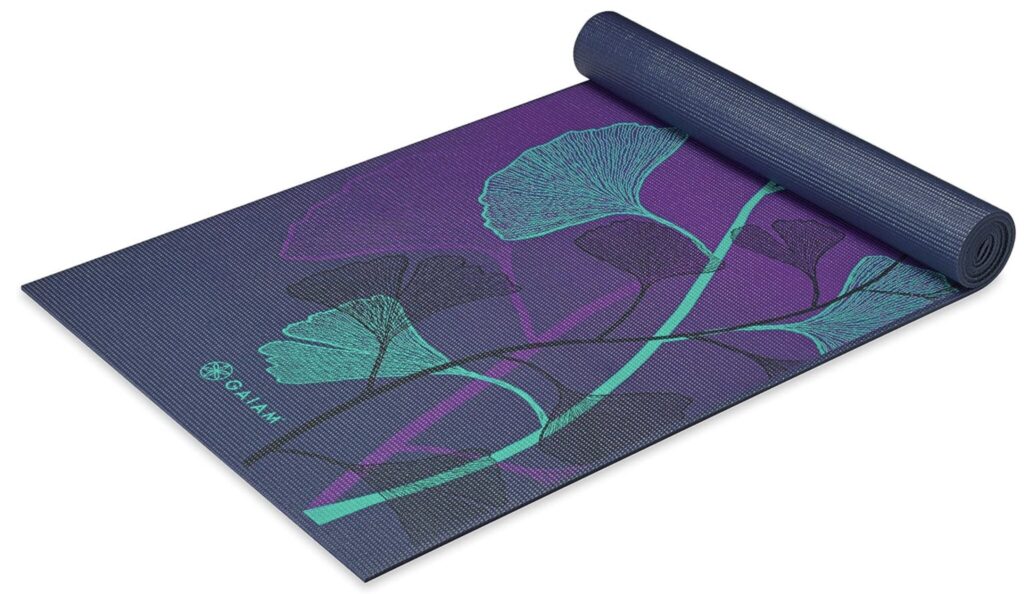
Since stretching reduces tension and stress, it’s an active way to encourage rest. Keep a yoga mat next to your bed as a gentle reminder.
While you’re tracking your steps and heart rate, leave on your FitBit to automatically track your sleep with a detailed “sleep score” and a vibrating alarm for the mornings.
Still having trouble sleeping?
If you can’t fall asleep after 20 minutes, get out of bed and do something relaxing until you feel tired. Lying in bed awake can make it harder to fall asleep.
See a doctor if you continue to have trouble sounding off. There may be an underlying medical condition that is interfering with your sleep.

